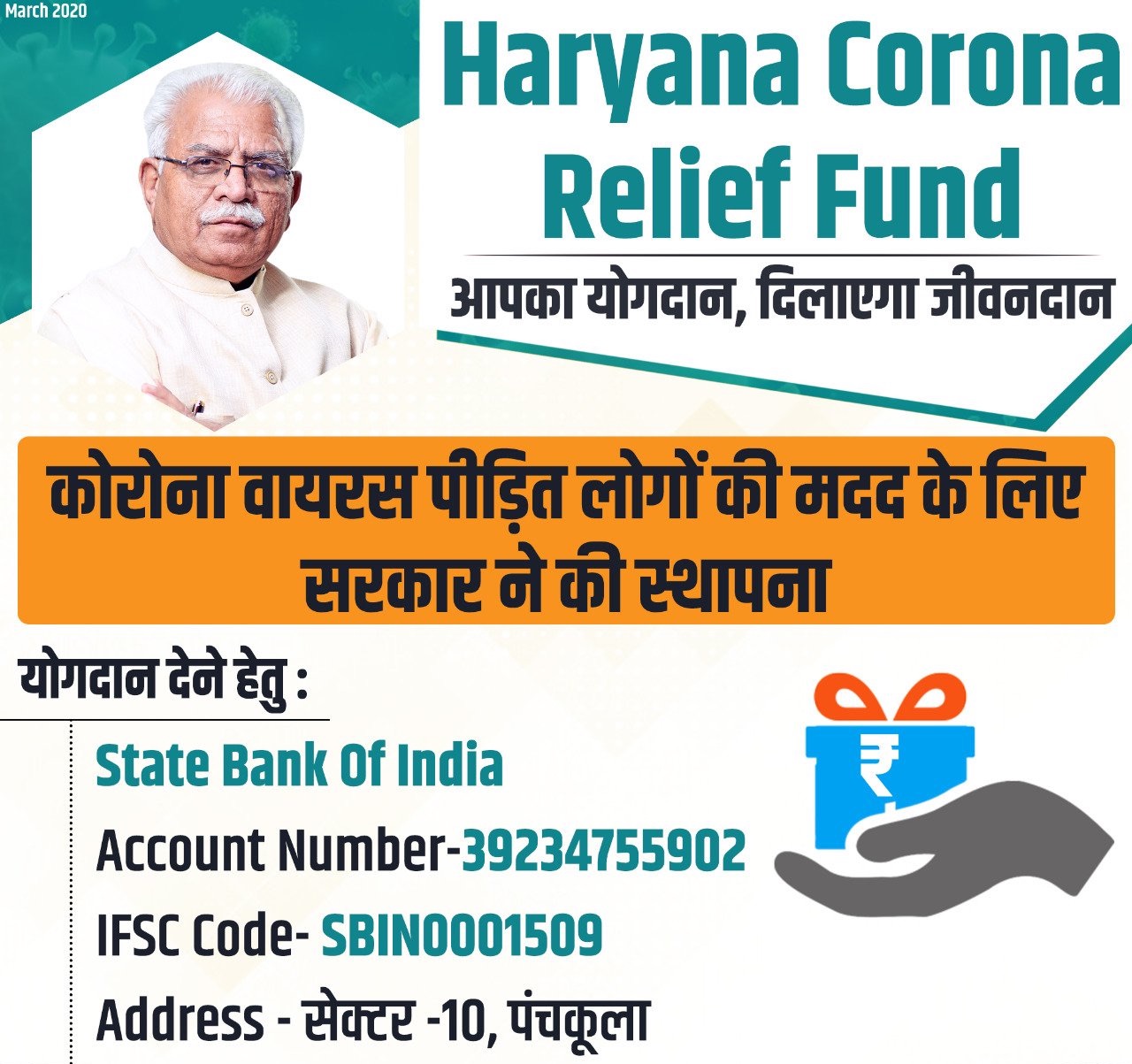Chandigarh, October 19- In a major development to provide better connectivity between Rezangla Chowk, Gurugram to Sector 21, Dwarka, final Detailed Project Report (DPR) of the Metro Rail Connectivity project was approved today in the meeting of the Council of Ministers held here today under the Chairmanship of Chief Minister.
According to DPR, the spur or metro extension connecting Rezangla Chowk in Palam Vihar and Dwarka Sector 21 station will be 8.40km long, of which 4 km will be from Palam Vihar to Sector 111 in Gurugram and the remaining 4.40 km will be from sector 111 to sector 21 Dwarka. This entire route will have 7 stations.
During the meeting Sh. Manohar Lal also accorded approval of the gross project cost along with the State Government’s share of Rs. 1541 crore. Approval was also given to nominate the Administrative Secretary, Town and Country Planning Department as nodal officer for the signing of agreements and other related documents for the implementation of the said project.
This Mass Rapid Transport System (MRTS) project will give connectivity to the maximum part of Gurugram city with Delhi and other surroundings. It will interchange with Palam Vihar station of Gurugram Metro Corridor, interchange with IECC station of Airport Express Metro Corridor and interchange with Sector 21 Dwarka station of DMRC blue line and Airport Express Metro Corridor. This MRTS will also have an interchange with Dwarka Expressway at Sector 110-A. These linkages will enhance the efficiency of the transportation system in the National Capital Region (NCR). This will also give hassle-free transportation facility to the passengers who would be travelling to Delhi International Airport as there will be check-in facility given at sector-21, Dwarka Metro Station.
The introduction of MRTS will result in the reduction in the number of buses, Intermediate Public Transport (IPT), usage of private vehicles, air pollution and an increase in the speed of road-based vehicles. This, in turn, will result in significant social benefits due to reduction in fuel consumption, vehicle operating cost and travel time of passengers. Reduction in accidents, pollution and road maintenance costs are the other benefits to society in general.



